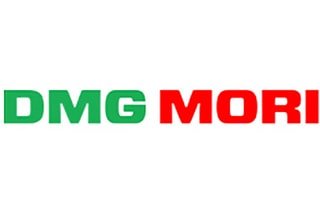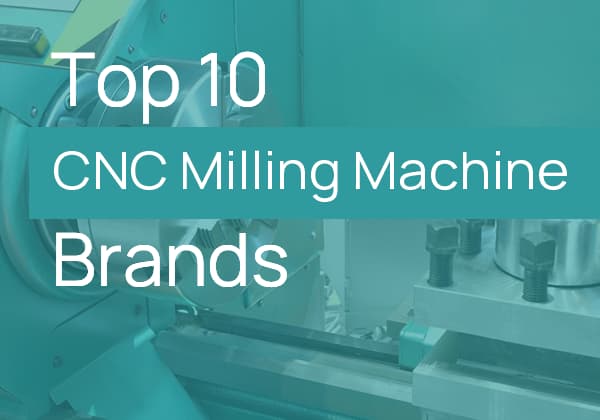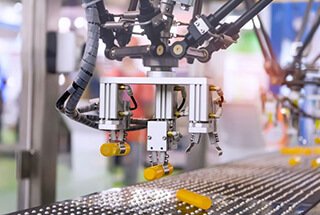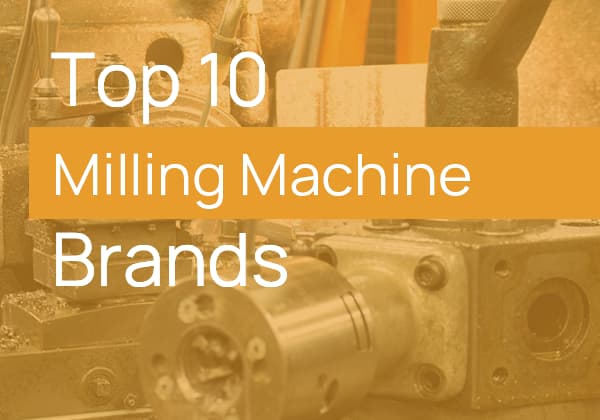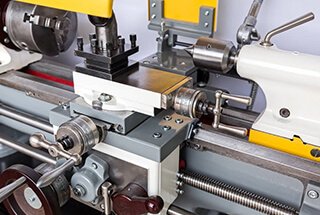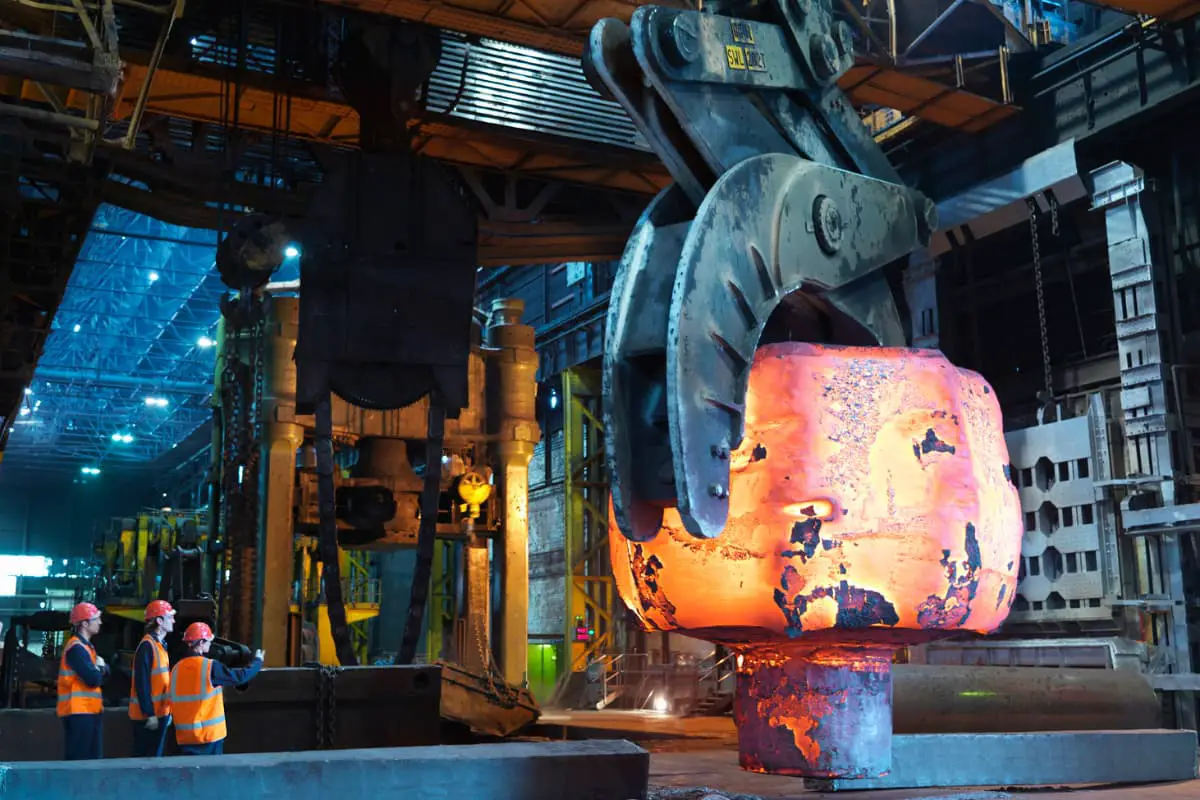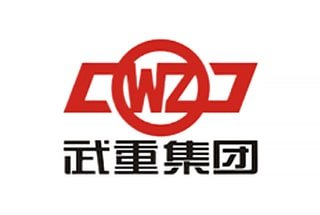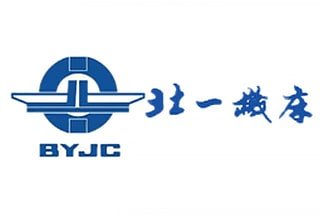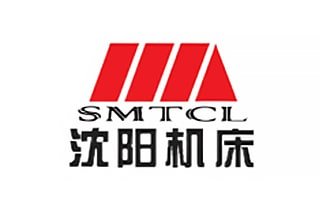
Are you in the market for a lathe machine but overwhelmed by the options? In this blog post, we’ll explore the key factors to consider when choosing a lathe manufacturer. Our team of experienced mechanical engineers will provide insights into the top brands, helping you make an informed decision. Discover how to select a lathe that combines quality, reliability, and excellent customer support.
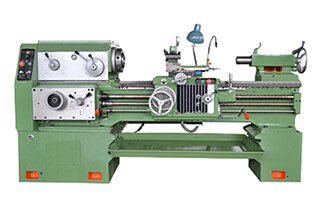
When selecting a lathe manufacturer, the first considerations should be the company’s global ranking and reputation.
Additionally, the supplier’s experience and expertise, the quality of the machine, the commitment to customer service, and the ability to provide ongoing support and maintenance should also be taken into account.
This means that in addition to brand recognition and product quality, service and support are also important factors.
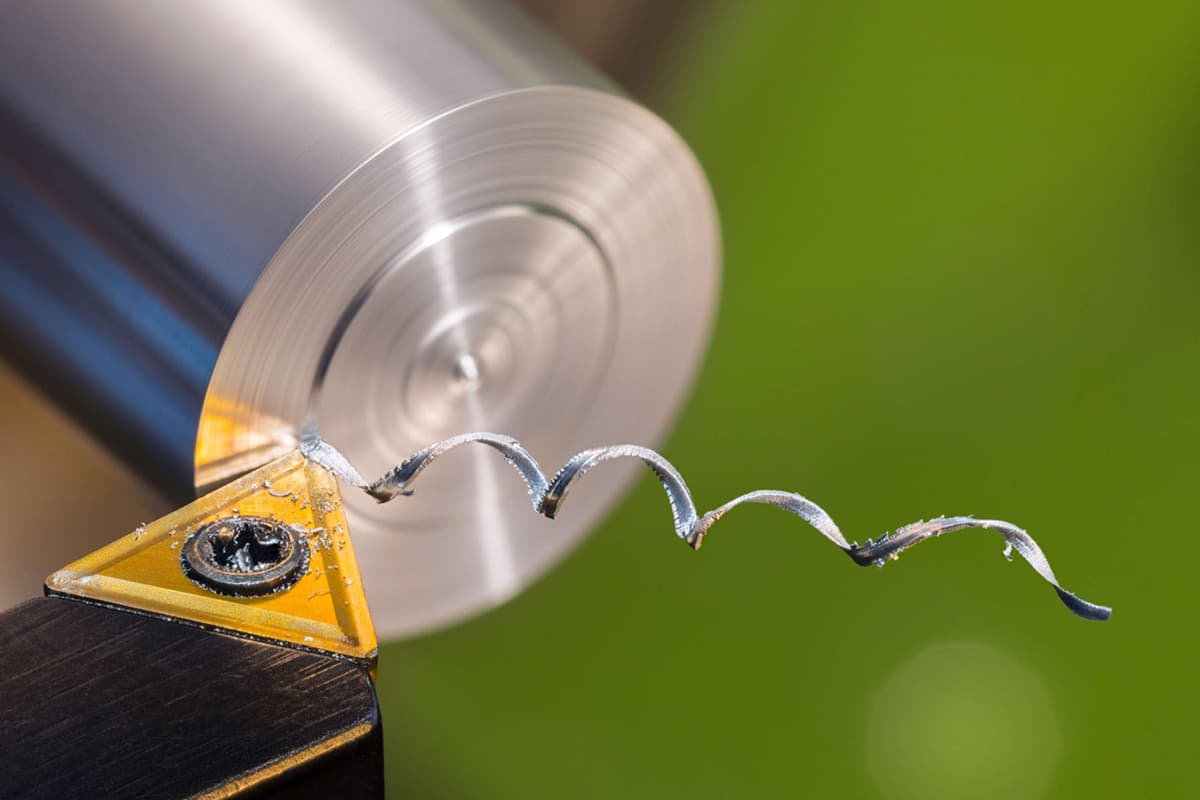
Please note that this ranking is based solely on the first letter of the brand name and does not reflect the strength of the enterprise.
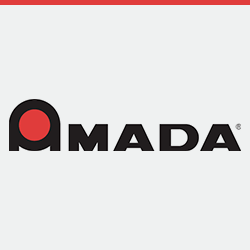
AMADA, established in 1946 in Japan, is a renowned global machine tool manufacturer and a large multinational corporation specializing in sheet metal processing machinery, including CNC punching machines, bending machines, shearing machines, and laser cutting machines.
With its extensive market scale, diverse product lineup, superior technical performance, and well-organized management system, Amada has transformed into a publicly-listed group company that integrates product development, design, manufacturing, education, training, and after-sales services.
It has a global marketing network and is highly favored by customers worldwide.
Amada has 83 branches across the world, and its products are sold in more than 100 countries and regions.
The reason for its popularity is due to its rational mechanical design and user-friendly automation technology, which simplifies processing and results in annual sales of 200 billion yen.
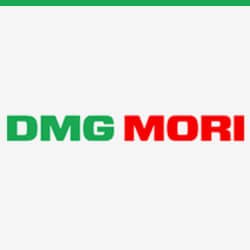
DMG MORI was established in 2013 through the merger of Mori Seiki, a renowned Japanese machine tool manufacturer, and DMG MORI, a well-regarded brand in the CNC machine tool industry known for its cutting-edge technologies and solutions.
The DMG MORI brand combines the best of both German and Japanese machine tool manufacturing traditions. It embodies the strengths of its 65-year heritage from MORI SEIKI and its 143 years of experience with the DMG brand.
By integrating its sales and service, DMG MORI offers a comprehensive range of products and a unique market presence.
The company’s offerings encompass all aspects of sales and technical service, including customer service, training, and technical support.
With a workforce of approximately 7,400 employees at 164 national and international sales and service centers in 76 countries, DMG MORI is committed to providing outstanding support to its customers.
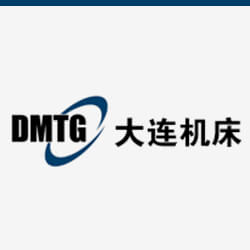
Founded in 1948, Dalian Machine Tool Group is a subsidiary of China General Technology Group and a leading provider of flexible manufacturing systems, complete automation technology, and equipment.
The company is widely recognized for its expertise in CNC machine tools.
The company was originally established as the Dalian Machine Tool Factory in 1948 and was later merged with other state-owned machine tool enterprises in Dalian to form the Dalian Machine Tool Group in 1995, with the Dalian Machine Tool Factory as its core.
In 2000, the Dalian Research Institute of Combined Machine Tools joined the group.
Since 2002, Dalian Machine Tool Group has expanded through the merger and acquisition of three established foreign machine tool companies, such as Ingersoll Production Systems (USA), Crankshaft Company and Zimmermann (Germany), and has established eight joint ventures with partners in the USA, Germany, Japan, Switzerland, and South Korea.
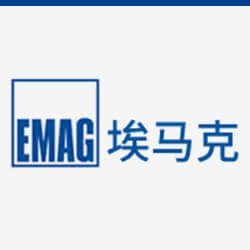
EMAG was founded in Germany in 1867 as the creator of the inverted vertical lathe.
Today, it is a top manufacturer of CNC inverted machine tools and a high-tech company specializing in research, development, production, and sales of CNC machine tools.
EMAG’s roots date back to 1867, when the company was established as a cast iron and machine tool manufacturer in Bautzen, Saxony.
In 1952, the company moved to its new location near Stuttgart and Ulm, close to its current headquarters in Salach.
After the move, the company started producing lathes, and in 1992, it constructed its first EMAG vertical lathe.
Unlike horizontal lathes, EMAG vertical lathes hold the workpiece using its spindle, making the loading and unloading process more cost-effective and suitable for high-precision mass production.
In the last 30 years, EMAG’s machines have developed into multi-functional, integrated production and machining centers for turning, drilling, boring, milling, grinding, hobbing, and laser machining.
Today, EMAG’s products serve two-thirds of all-round and non-round parts in the automotive industry. In addition to its three production sites in Germany, EMAG has a global presence.
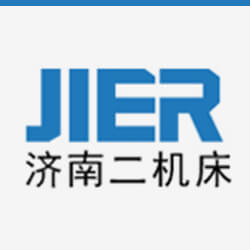
Founded in 1937, Jinan No.2 Machine Tool is a well-known manufacturer of stamping equipment and a large-scale manufacturing base of forging and pressing equipment, as well as large heavy-metal cutting machine tools. The company is wholly state-owned.
In 1953 and 1955, Jinan No.2 Machine Tool developed the gantry planer and mechanical press, respectively.
In the 1960s, the company developed the world’s largest gantry planer.
The 1970s saw the development of flat broaching machines with cylinder blocks.
In the 1980s, the company made significant contributions to the development of China’s automobile industry, transitioning from the truck era to the car era.
Over different periods of national economic construction, the company has developed over 600 products and provided essential equipment support for various industries and fields in the country.
Jinan No.2 Machine Tool is a leading manufacturer of forging equipment and large heavy-metal cutting machine tools in China.
Its products include forging equipment, CNC metal cutting machine tools, automation equipment, casting machinery, CNC cutting equipment, and more.
These products are widely used in industries such as automotive, aerospace, rail transportation, energy, shipbuilding, metallurgy, molds, and engineering machinery and are exported to over 60 countries and regions worldwide.
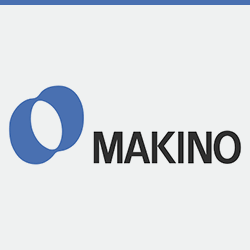
Tsunezo Makino founded the company in 1937, specializing in the production of Type 1 vertical milling machines.
In 1958, Makino introduced the CNC milling machine and in 1966, they developed the Japanese machining center.
The company was listed on the Tokyo Stock Exchange in 1971, with a registered capital of 1 billion yen.
In 1978, Makino acquired a reciprocal interest in Heidenreich & Harbeck Werkzeugmaschinefabrik in Germany, and began selling their locally produced machine tools in the European market.
In 1981, they acquired LeBLond Machine Tools, Inc. in the US and renamed it LeBLond Makino Machine Tools, Inc.
They quickly launched their locally produced machine tools into the market, achieving localization of production and sales.
In 1980, Makino developed a CNC EDM machine and a DMS commercial automatic die and mold machining system, which were introduced to the market.
In 1993, Makino J. was established to provide flexible production solutions for industries such as automotive, aerospace, and specialized machining.
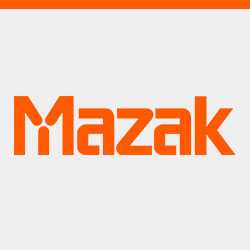
Founded in 1919, Yamazaki Mazak is a renowned manufacturer of compound turning and milling centers, 5-axis machining centers, vertical and horizontal machining centers, FMS flexible production systems, CNC units, laser cutting machines, and production support software.
The company’s products are recognized for their intelligent, complex, automated, energy-efficient, and environmentally friendly technologies, making significant contributions to various metalworking industries.
As a global company, Mazak has been operating internationally since the 1970s and currently operates ten production sites across the world in Japan (five), the United States, the United Kingdom, Singapore, and China (two).
The company also has over 70 technical and service centers located in different locations worldwide.
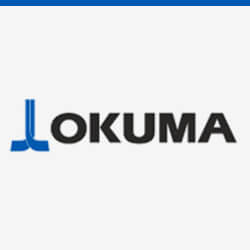
Established in 1918 in Japan, Okuma Corporation is a well-known all-in-one supplier of machine tools and control devices.
With over 100 years of history, the company is one of Japan’s largest manufacturers of CNC machine tools, specializing in research, development, production, and sales.
The company mainly produces general-purpose CNC lathes and machining centers, and develops and manufactures its own OSP CNC devices, which are known for their high rigidity, efficiency, stable precision, long life, and ease of operation.
Okuma has a global presence with branches in Taiwan, Thailand, Australia, and Shanghai, China.
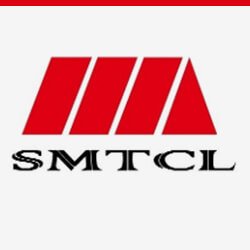
Established in 1935, Shenyang Machine Tool Co., Ltd. is a well-known brand of machine tools known for its excellent quality and is a large listed company. It is also a comprehensive lathe manufacturing base in China.
The company was established in May 1993 and was listed on the Shenzhen Stock Exchange in July 1996. It is a subsidiary of Shenyang Machine Tool (Group) Co.
The Shenyang First Machine Tool Factory was established in 1935 and has been a leading manufacturer in China for over 60 years through continuous technical transformations and technological innovations.
Since its operation, the factory has supplied nearly 300,000 sets of metal cutting equipment to both domestic and foreign manufacturing industries and is renowned for its high quality.
In recent years, since 2010, Shenyang Machine Tool Co., Ltd. has been focused on improving product quality through the adoption of new technologies and materials.

Founded in 1923 in Germany, the Trumpf Group specializes in producing and selling CNC sheet metal working machines and medical equipment, with a focus on flatbed laser machines and accessories. The company is a family-run business.
The key technical parameters and performance indicators to consider when choosing a lathe manufacturer include:
Furthermore, the configuration of the CNC system is an important aspect to consider during selection, as it relates to the convenience of machine operation and the complexity of the machining program. The static and dynamic stiffness of the machine tool are key factors in ensuring machining accuracy.

